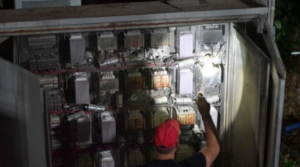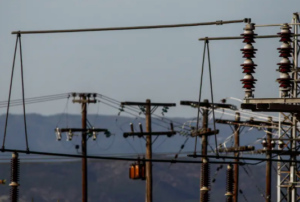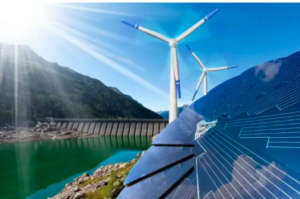Greece is grappling with the consequences of rapid Renewable Energy Sources (RES) integration and intense investment in green development, leading to the rejection of significant amounts of generated electricity. Previously, the country faced blackout risks during heatwaves due to inadequate energy production, prompting selective power cuts. However, over the past two years, the situation has shifted due to the extensive penetration of RES, particularly photovoltaic installations. This has strained the grid, especially during low-demand periods, posing blackout risks. The Independent Power Transmission Operator (IPTO) faces a daily challenge in maintaining grid stability. The combination of low electricity demand, mild weather, and increased RES production has made the grid vulnerable, necessitating significant energy cuts to prevent blackouts. During recent days, IPTO implemented substantial electricity cuts, estimated to exceed 3.5 GW, along with an embargo on electricity imports. Market experts suggest that during periods of high solar and wind activity, cutting up to 50% of generated green energy may be necessary to stabilize the grid. Addressing this issue will require extensive deployment of energy storage systems.
ND holds nearly a double lead over SYRIZA

The market problem is twofold: the State neglects prioritizing connection terms for storage projects, exacerbating massive energy rejections, while imposing stringent terms for RES projects. Professor Pantelis Biskas from the Aristotle University of Thessaloniki highlights this issue. Currently, approximately 15 GW of storage projects await connection, with initial projects slated for operation by June 2026. Biskas warns of worsening conditions, citing nearly 5 GW of electricity cuts in March and April. Despite discussions since 2020, the State has failed to address storage concerns. Projections indicate 20% cuts by 2030, compared to 1% last year, rising to 5% this year and 10% by 2025, based on the 3.1 GW storage capacity outlined in the national plan. The problem is expected to escalate with new projects joining the grid unless operators and the State prioritize enhancing electrical interconnections and deploying batteries for surplus energy storage. Panagiotis Ladakakos, CEO of ENTEKA and president of ELETAEN, likens the electrical grid to a ship approaching its maximum capacity, emphasizing the need for intervention to avoid further strain.

The queue for RES connection terms created solely by the RAE exceeds 40 GW, highlighting the need for balance between wind and solar energy. The market is currently dominated by a monoculture of photovoltaics, leading to congestion during peak energy production hours. Increased RES production, accounting for 57% last year, drives down consumer prices. Energy cuts result in zero or negative prices across Europe, impacting companies. Projects face penalties for negative prices, incentivizing exports. However, competition in cross-border trade complicates this, as Greece may import cheaper energy from neighboring countries with lower prices, like Italy.

Energy cuts and zero/negative prices pose challenges for the renewable energy sector, impacting investor confidence and market stability. The unpredictability of cuts, particularly affecting high-voltage projects like wind energy stations, is concerning. DEDDIE’s inability to automate cuts for its 7,500 RES projects leads to some consumers being unaffected. New legislation mandates DEDDIE to install monitoring systems at larger RES stations to share the burden of cuts, and RES producers must install control equipment. These disruptions affect financing, with banks seeking greater assurances. Solar projects are more vulnerable due to their concentrated production, while wind parks are relatively more protected but still affected by market fluctuations.

Investors facing marginally profitable projects and the risk of cuts may find themselves trapped, although declining solar panel prices offer some relief. The issue of compensating RES projects, despite government calls for lower returns, remains unresolved. Market leaders explain that compensations depend on European regulations, not the state, and certain projects may be entitled to compensation under specific conditions. However, the current lack of implementation means unfairly cut projects are not compensated.
Ask me anything
Explore related questions





